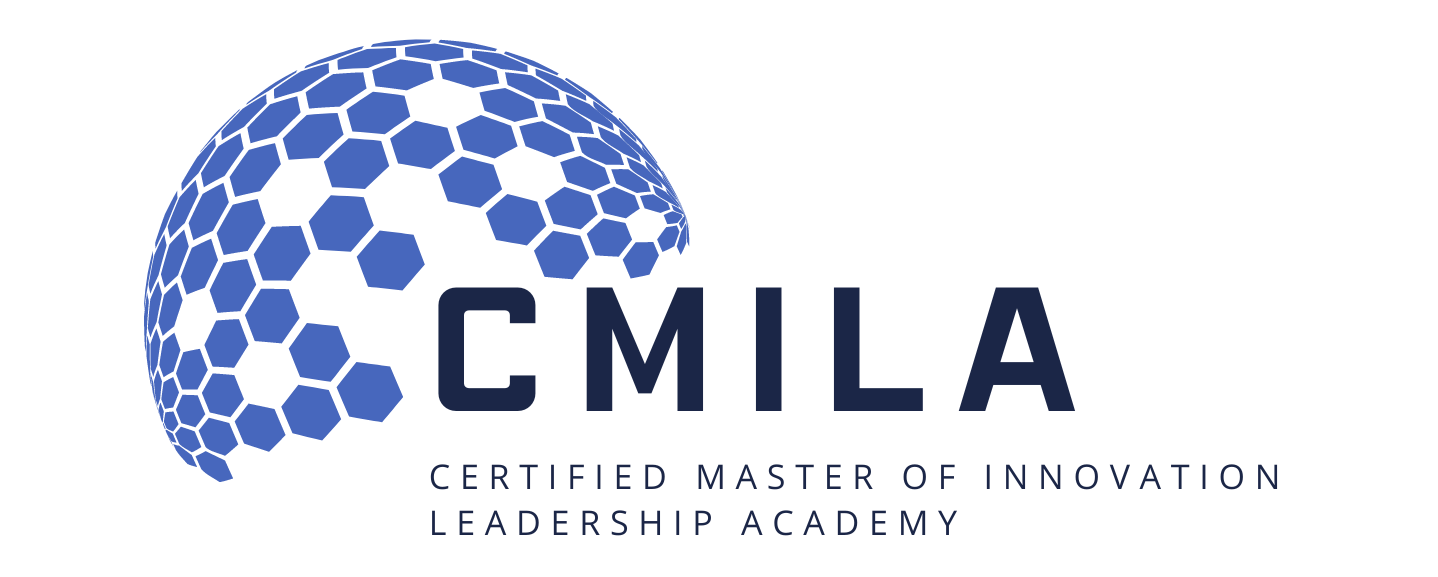Certified Digital Transformation Strategist (CDTS)
The Certified Digital Transformation Strategist (CDTS) Certification Course by Tonex is a comprehensive program designed to empower professionals with the knowledge and skills needed to lead successful digital transformation initiatives. This course covers key aspects of digital transformation, including technology adoption, organizational change management, and strategic planning.
Learning Objectives:
- Understand the fundamentals of digital transformation and its impact on businesses.
- Develop strategic thinking and planning skills for effective digital transformation implementation.
- Acquire knowledge of emerging technologies and their applications in digital transformation.
- Master the art of organizational change management to navigate through digital shifts seamlessly.
- Gain insights into cybersecurity considerations and risk management in the digital transformation landscape.
- Learn to assess and measure the success of digital transformation initiatives.
Audience: This course is ideal for executives, managers, and professionals across industries who aspire to lead digital transformation initiatives within their organizations. It is suitable for individuals seeking to enhance their strategic capabilities in the rapidly evolving digital landscape.
Course Outline:
Module 1: Introduction to Digital Transformation
- Defining Digital Transformation
- Historical Evolution and Context
- Drivers of Digital Transformation
- Impact on Business Models
- Case Studies of Successful Transformations
- Ethical Considerations in Digital Transformation
Module 2: Strategic Thinking and Planning
- Crafting a Digital Transformation Strategy
- Aligning Strategy with Organizational Goals
- Identifying Stakeholders and Their Roles
- Risk Analysis and Mitigation Strategies
- Building a Resilient Digital Transformation Roadmap
- Incorporating Flexibility and Adaptability in Planning
Module 3: Emerging Technologies in Digital Transformation
- Overview of Emerging Technologies
- Applications of Artificial Intelligence and Machine Learning
- Integration of Internet of Things (IoT) and Edge Computing
- Blockchain and Its Role in Transformation
- Cloud Computing in Digital Transformation
- Big Data Analytics for Informed Decision-Making
Module 4: Organizational Change Management
- Understanding Change Dynamics
- Importance of Change Leadership
- Communication Strategies for Change
- Employee Engagement and Training
- Overcoming Resistance to Change
- Sustaining Organizational Culture During Transformation
Module 5: Cybersecurity in Digital Transformation
- Identifying Digital Transformation Cybersecurity Risks
- Building a Robust Cybersecurity Framework
- Data Privacy and Compliance Considerations
- Incident Response and Recovery
- Security Awareness Training for Employees
- Continuous Monitoring and Improvement in Cybersecurity
Module 6: Assessment and Measurement of Digital Transformation Success
- Key Performance Indicators (KPIs) for Transformation
- Establishing Baselines and Benchmarks
- Continuous Improvement Strategies
- Adaptation and Flexibility in Assessment
- Feedback Loops and Stakeholder Input
- Communicating Successes and Learnings
Overview of the Certification Process:
- Familiarize yourself with the prerequisites, if any, for taking the exam.
- Review the certification roadmap to understand the different levels of certification offered (e.g., Foundation, Advanced, Expert) and the requirements for each level.
- Identify the benefits of obtaining the certification for your career and professional development.
Details of the Exam:
Format: Multiple-choice, scenario-based, practical exercises
Content Areas: Review the exam blueprint or syllabus to identify the specific topics and knowledge areas covered in the exam. This will help you focus your study efforts on the most relevant content.
Passing Score: Understand the minimum passing score required to achieve certification and aim to exceed this threshold during your preparation.
Study Resources: Identify recommended study resources, such as certification manual, study guides and practice exams, to help you prepare effectively for the exam.
Exam Sample Questions:
- Practice with sample questions to familiarize yourself with the exam format and assess your readiness.
- Analyze each question carefully, paying attention to key details and any clues provided in the question stem or answer choices.
- Practice time management by setting aside dedicated study sessions to complete sample questions within the allotted time frame.
- Review your answers and explanations for correct and incorrect responses to identify areas for improvement and further study.
